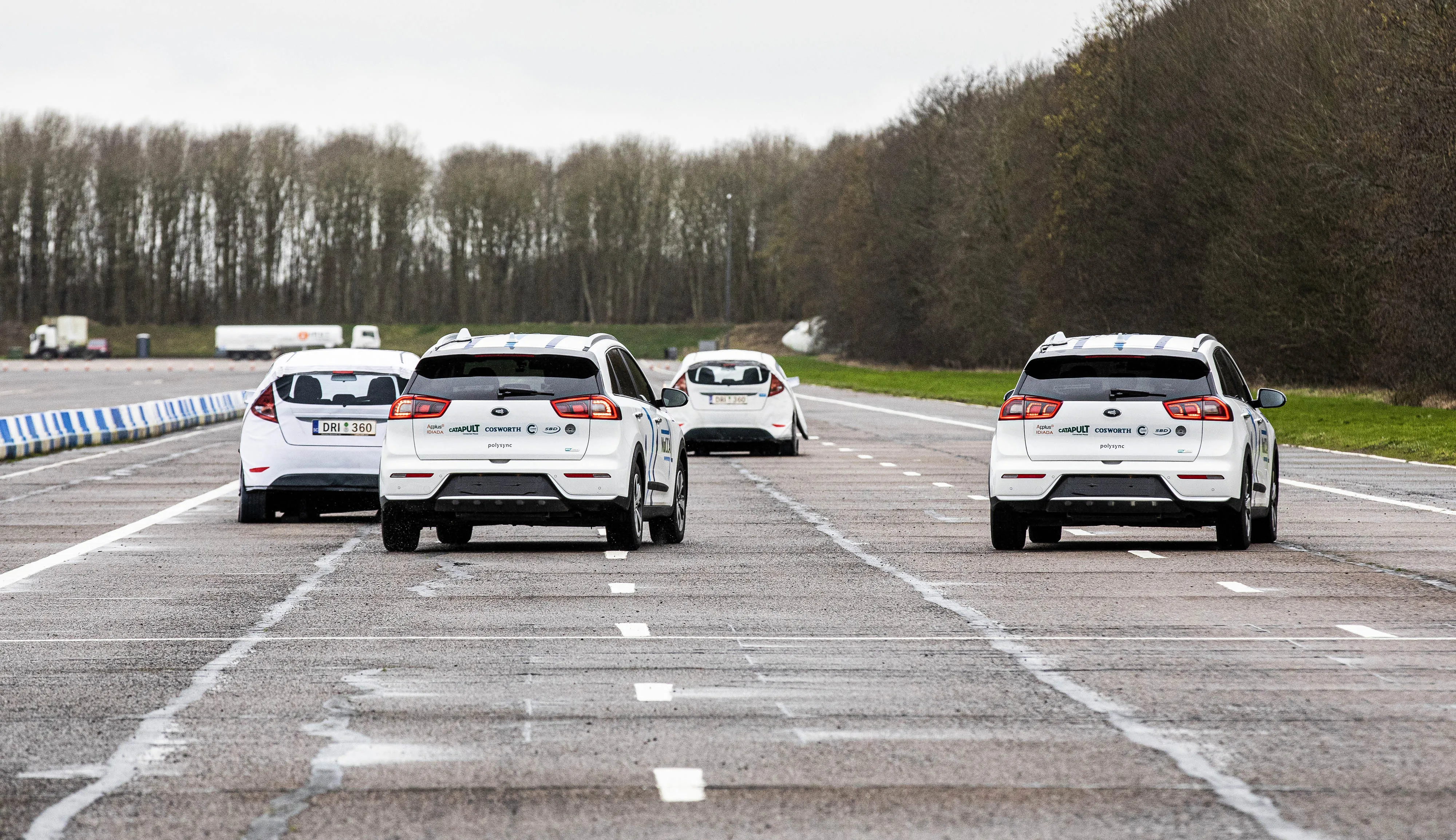In an interview with the BBC, US transportation secretary Anthony Foxx said: "Driverless technology presents a lot of potential for disruption on a number of fronts,” adding: "It's unclear to me now exactly how that future unfolds."
Speaking during the South by Southwest Interactive festival in Austin, Texas, Secretary Foxx commented on the recent accident in California involving a Google autonomous car and a bus saying it “was not a surprise.
No one was hurt in the accident, which happened when Google’s Lexus RX-450H tried to avoid some sandbags placed around a storm drain and blocking its path; the car’s computer was said to be at fault.
He told the BBC: “It's not a surprise that at some point there would be a crash of any technology that's on the road. But I would challenge one to look at the number of crashes that occurred on the same day that were the result of human behaviour.”
US transport chief: ‘Google car crash not a surprise’
In an interview with the BBC, US transportation secretary Anthony Foxx said: "Driverless technology presents a lot of potential for disruption on a number of fronts,” adding: "It's unclear to me now exactly how that future unfolds." Speaking during the South by Southwest Interactive festival in Austin, Texas, Secretary Foxx commented on the recent accident in California involving a Google autonomous car and a bus saying it “was not a surprise.
June 8, 2016
Read time: 2 mins










